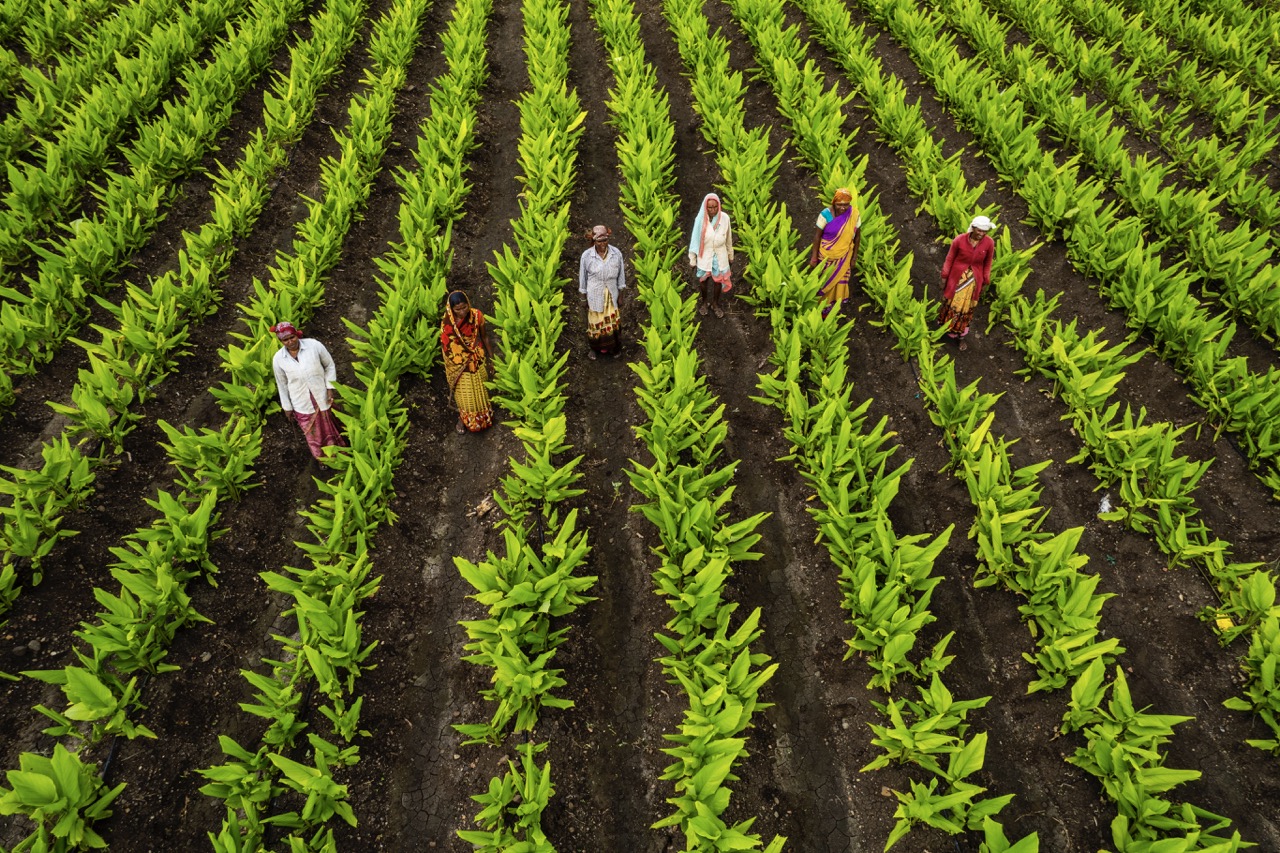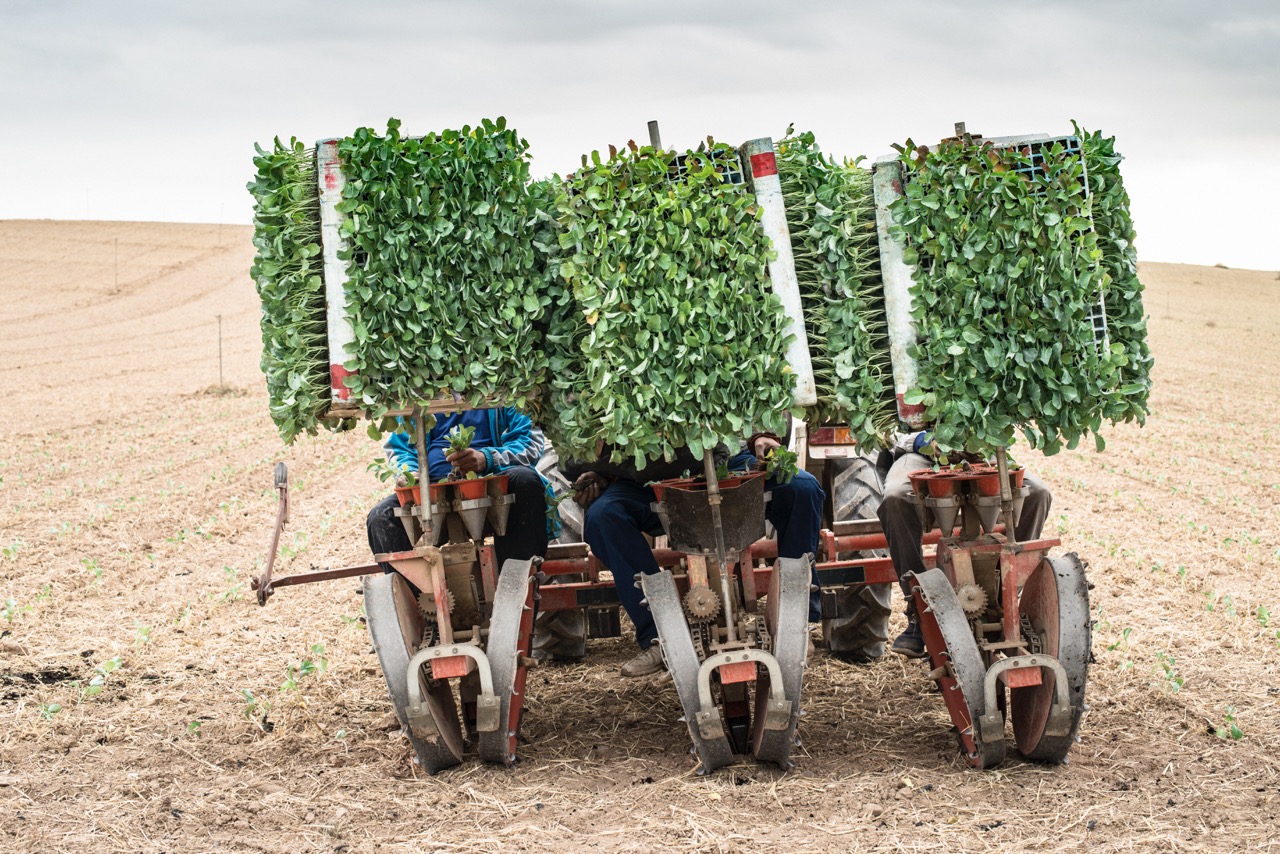Farm certification programs have gained momentum in recent years, emerging as vital tools for producers aiming to ensure quality, sustainability, and consumer trust in their products. These programs are designed to validate a farm’s adherence to specific standards, ranging from organic practices to sustainable farming methods. As consumer awareness rises, so does the demand for certified products, making it crucial for farmers to understand the benefits and application processes involved in these certification programs.
Understanding Farm Certification Programs: An Overview
Farm certification programs are structured initiatives that verify a farm’s compliance with established agricultural standards and practices. These certifications can cover a plethora of areas, including organic farming, animal welfare, sustainable agriculture, and more. Depending on the type of certification, farms may undergo rigorous assessments to ensure that they meet the designated criteria. As a result, certification serves not only as a mark of quality but also as a commitment to responsible farming practices.
Different certification programs exist around the world, each with its own set of guidelines and procedures. For instance, the USDA Organic certification in the United States requires farms to adhere to strict organic farming practices for at least three years. Meanwhile, GlobalG.A.P. focuses on good agricultural practices and is recognized internationally. Understanding the specific requirements and benefits of each program is essential for farmers looking to achieve certification and enhance their marketability.
Farmers can also benefit from participating in state and local certification programs that cater to their specific regional practices and consumer needs. These programs may provide resources, education, and support to help farmers transition to certified practices. Ultimately, farm certification programs foster transparency in the agricultural sector, benefiting both producers and consumers alike.
Key Benefits of Obtaining Certification for Your Farm
One of the foremost benefits of farm certification is enhanced market access. Many retailers, restaurants, and consumers prefer or even require certified products. By obtaining certification, farmers can tap into niche markets that often command higher prices, thereby boosting their profitability. This is particularly true in sectors such as organic produce, where consumer demand is steadily rising.
In addition to improved market access, certification can lead to increased consumer trust. As consumers become more conscious of their purchasing decisions, they are more likely to choose products from certified farms, believing them to be safer and more environmentally friendly. This trust can translate into brand loyalty, where consumers repeatedly buy from certified producers, ultimately fostering long-term business relationships.
Finally, engaging in farm certification can also enhance a farm’s operational practices. The process often involves thorough evaluations of farming methods, leading to improvements in efficiency, sustainability, and productivity. Many certification programs provide farmers with valuable resources, training, and best practices, empowering them to implement better techniques that benefit both their yield and the environment.
Step-by-Step Guide: How to Apply for Certification
Applying for farm certification may seem daunting, but it can be navigated effectively by following a systematic approach. The first step is to research the various certification programs available and determine which one aligns best with your farming practices and goals. Understanding the specific requirements, costs, and timelines associated with each program will help you make an informed decision.
Once you have selected a certification program, the next step is to prepare your application. This typically involves documenting your farming practices, operations, and compliance with the required standards. Many programs require detailed records, including soil management, pest control, and crop rotation practices. It is essential to maintain thorough documentation and, if needed, seek assistance from agricultural extension offices or certification consultants to ensure your application meets the required criteria.
After submitting your application, the certification agency will review your materials and may conduct an on-site inspection. Be prepared to demonstrate your farming practices and provide additional information as requested. Once approved, you will receive your certification, but remember that it often comes with ongoing requirements, such as annual renewals and periodic inspections, to maintain your status as a certified farm.
Success Stories: Farms Thriving Through Certification Efforts
Many farms have experienced significant growth and success after obtaining certification. For instance, a small organic vegetable farm in California saw its sales double within a year of receiving USDA Organic certification. The farm was able to expand its customer base, supplying produce to local farmers’ markets and grocery stores that prioritize organic products. The certification not only elevated the farm’s reputation but also empowered the owners to adopt more sustainable practices through access to training and resources.
Another compelling success story comes from a dairy farm in Vermont that pursued animal welfare certification. After meeting the rigorous standards set by the Animal Welfare Approved program, the farm reported increased consumer interest and higher prices for its milk products. The certification helped the farm differentiate itself in a competitive market and fostered a deeper connection with consumers who value ethically produced dairy products.
Lastly, a family-owned grain farm in the Midwest achieved GlobalG.A.P. certification, which opened doors for export opportunities. By adhering to international standards, the farm was able to sell its grains to European markets, significantly increasing its revenue. The certification process not only improved the farm’s practices but also positioned it as a leader in sustainable agriculture, showcasing the potential for growth and recognition through commitment to quality.
Farm certification programs represent invaluable opportunities for farmers seeking to enhance their business while promoting sustainable and ethical agricultural practices. With numerous benefits, including improved market access, consumer trust, and operational efficiency, obtaining certification can lead to significant transformations for farms of all sizes. By following a structured application process and learning from the experiences of successful farms, producers can navigate the certification landscape and reap the rewards of their efforts. As the agricultural industry continues to evolve, embracing certification may very well be the key to thriving in a competitive market.










